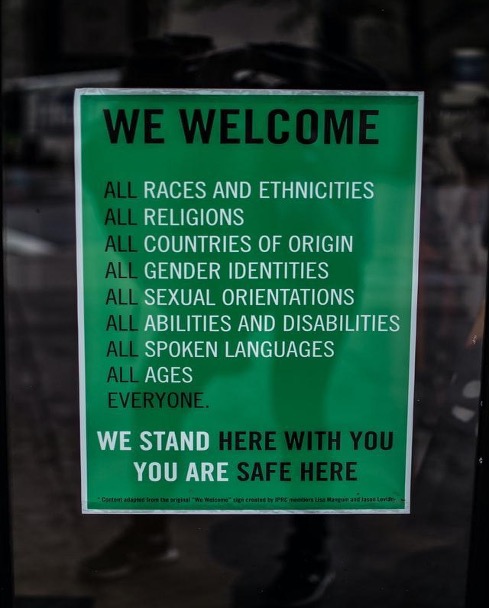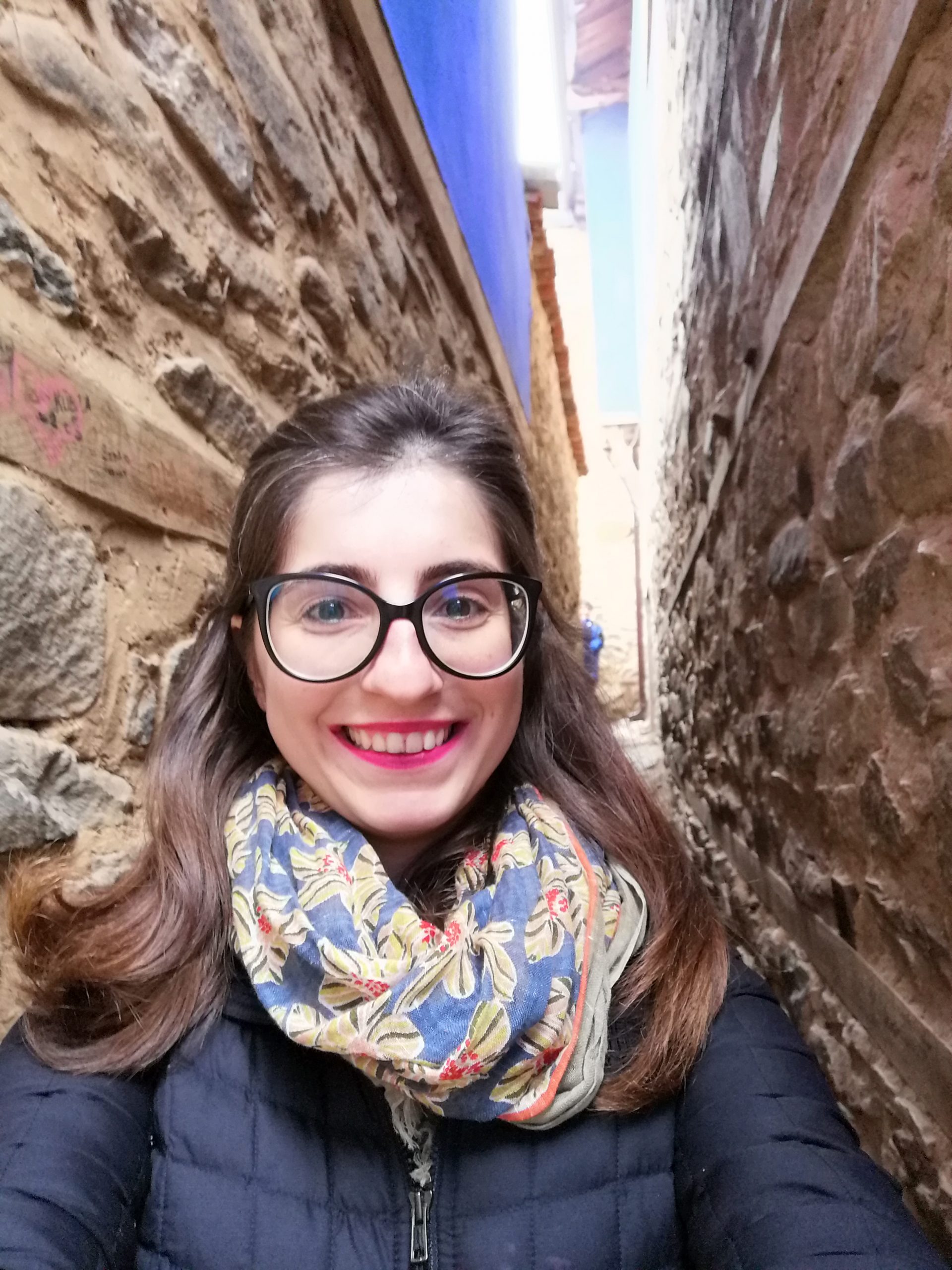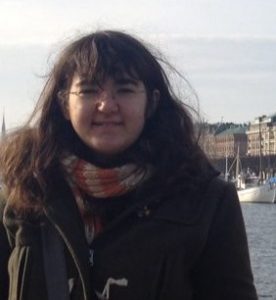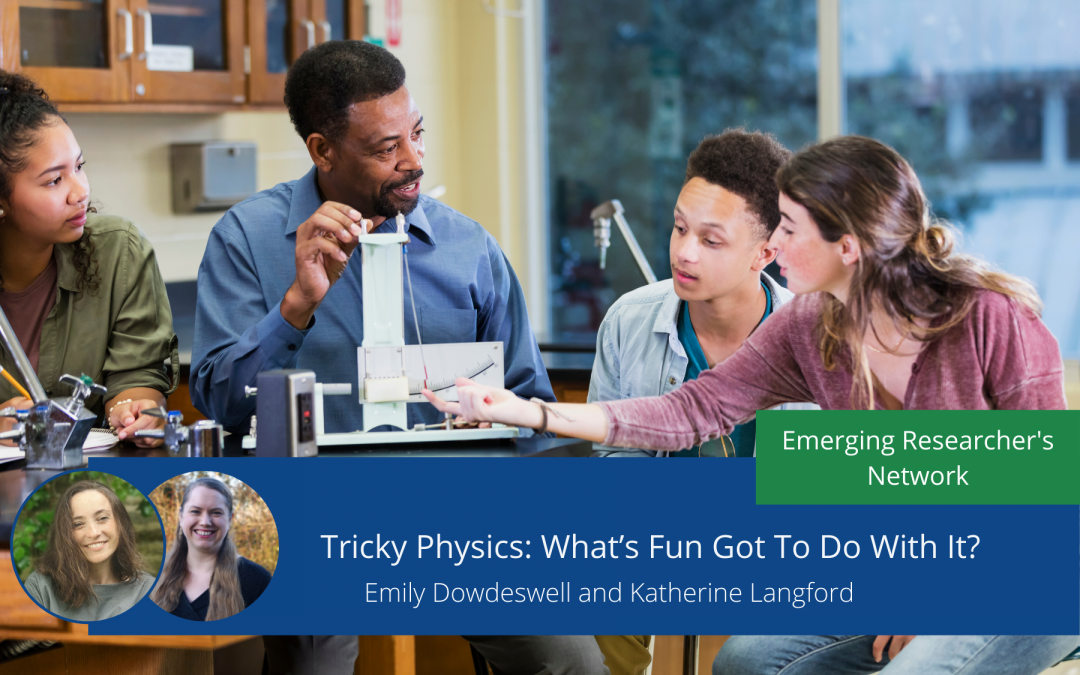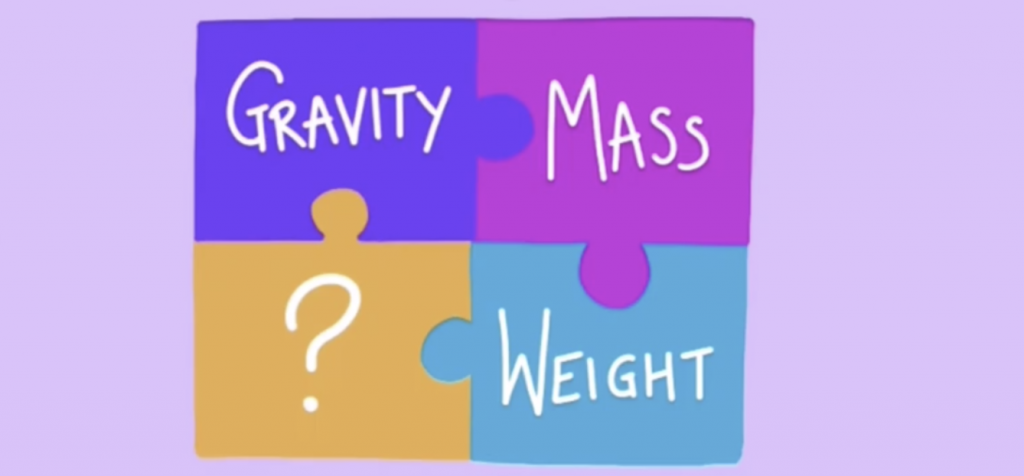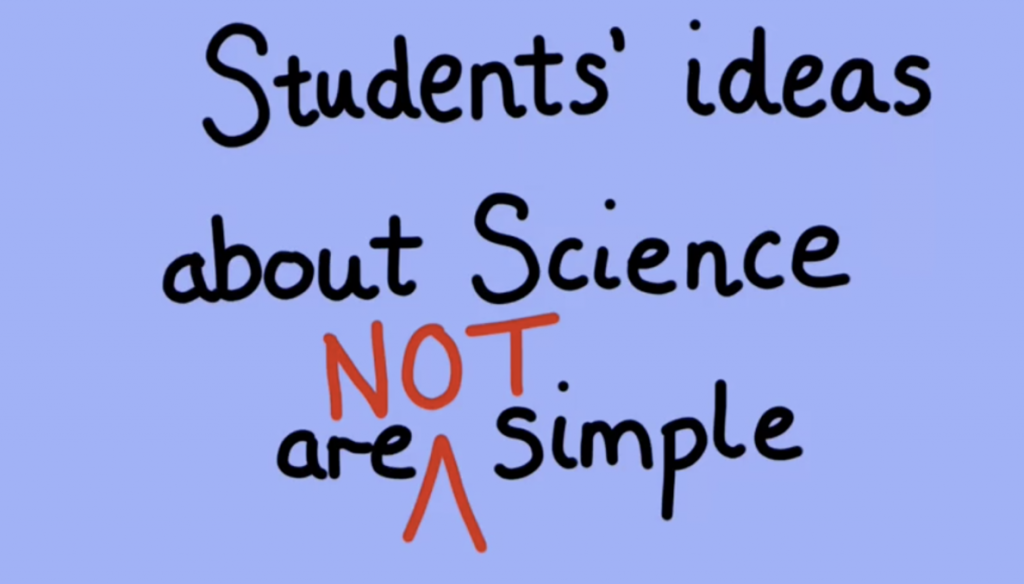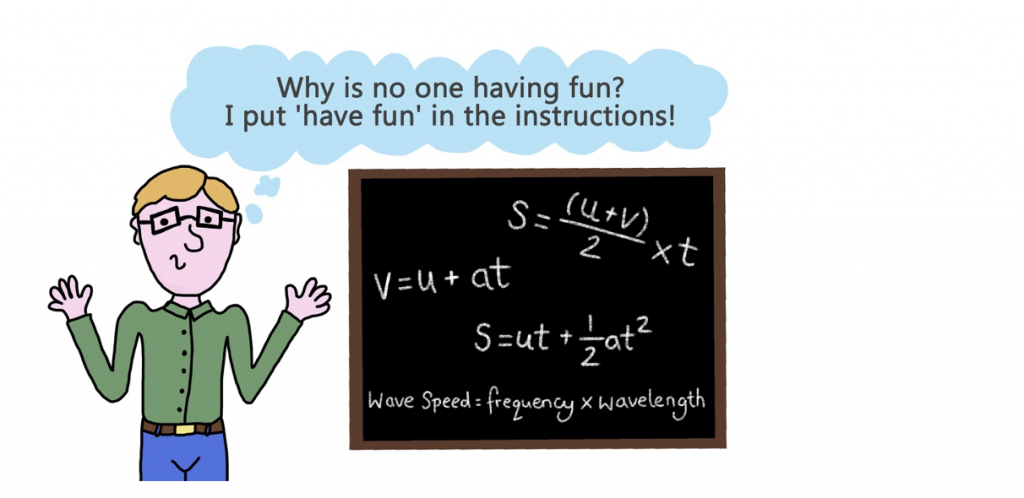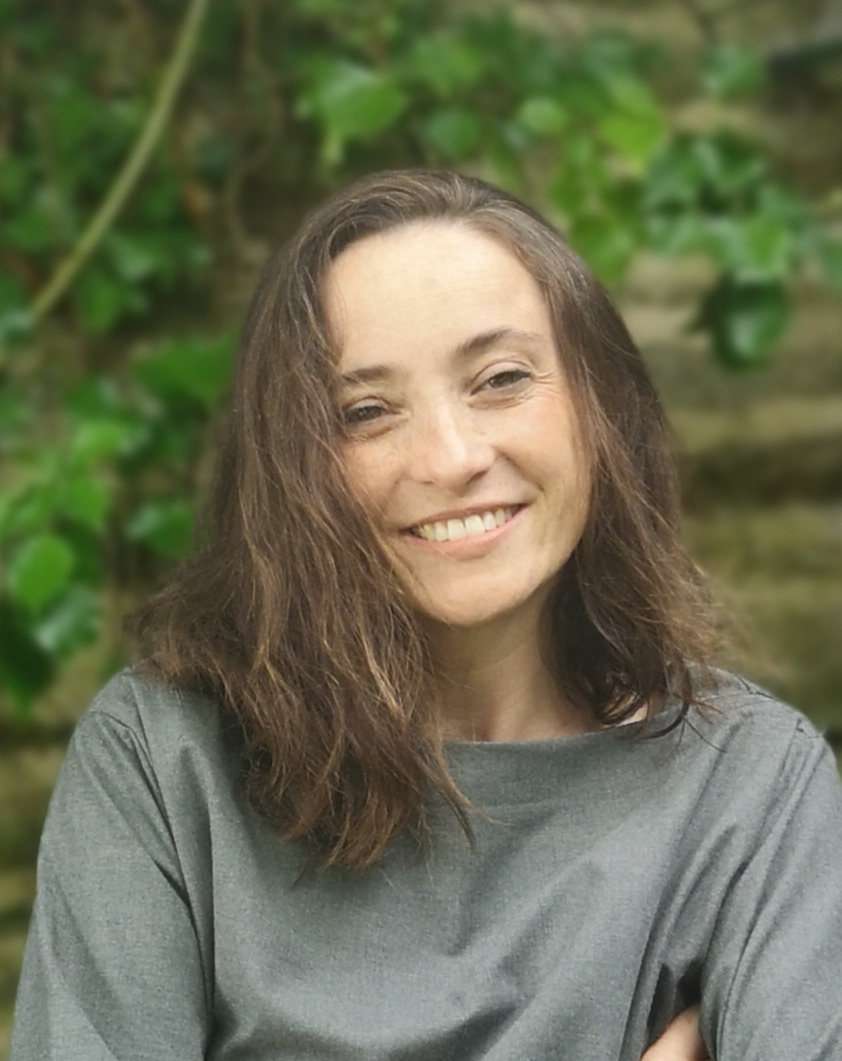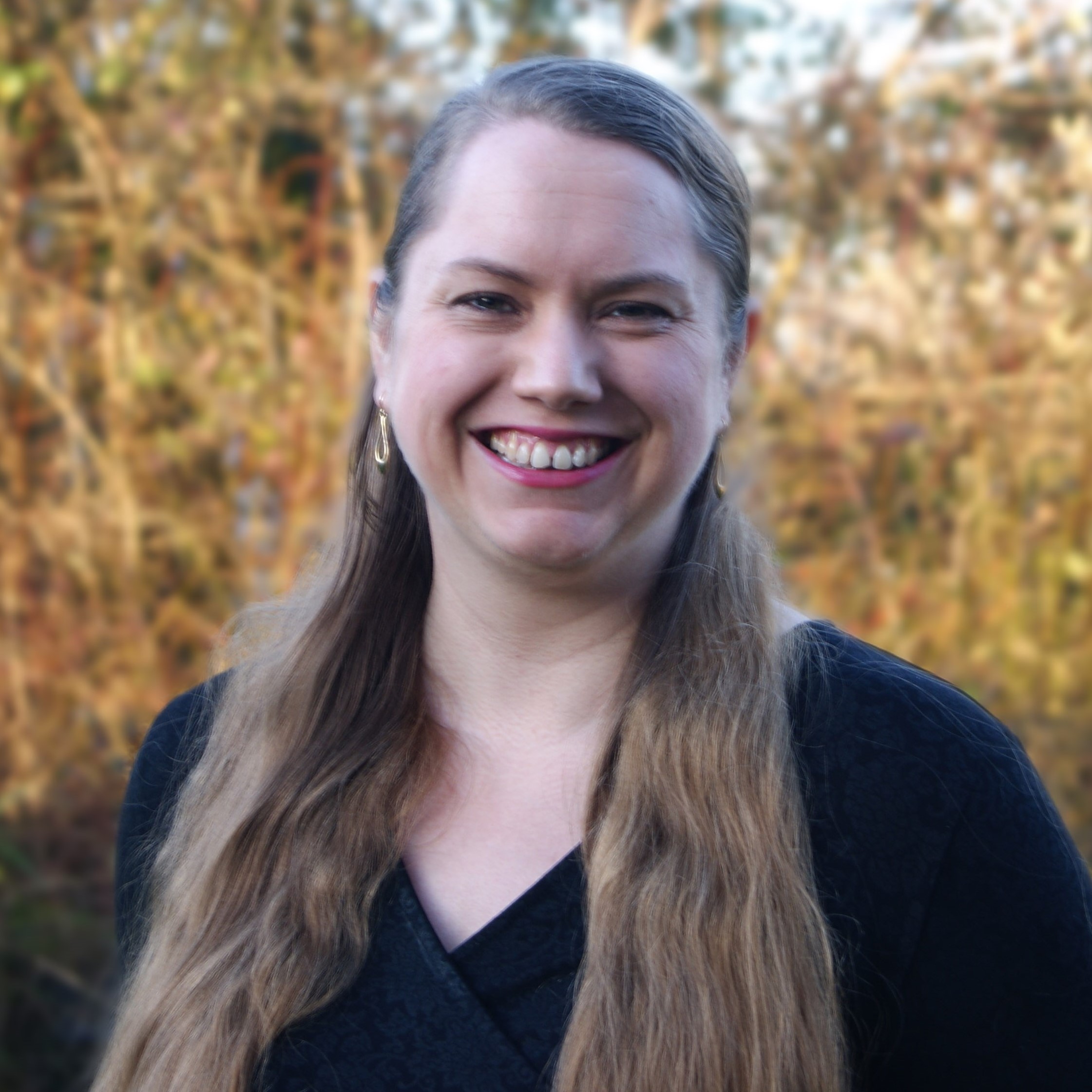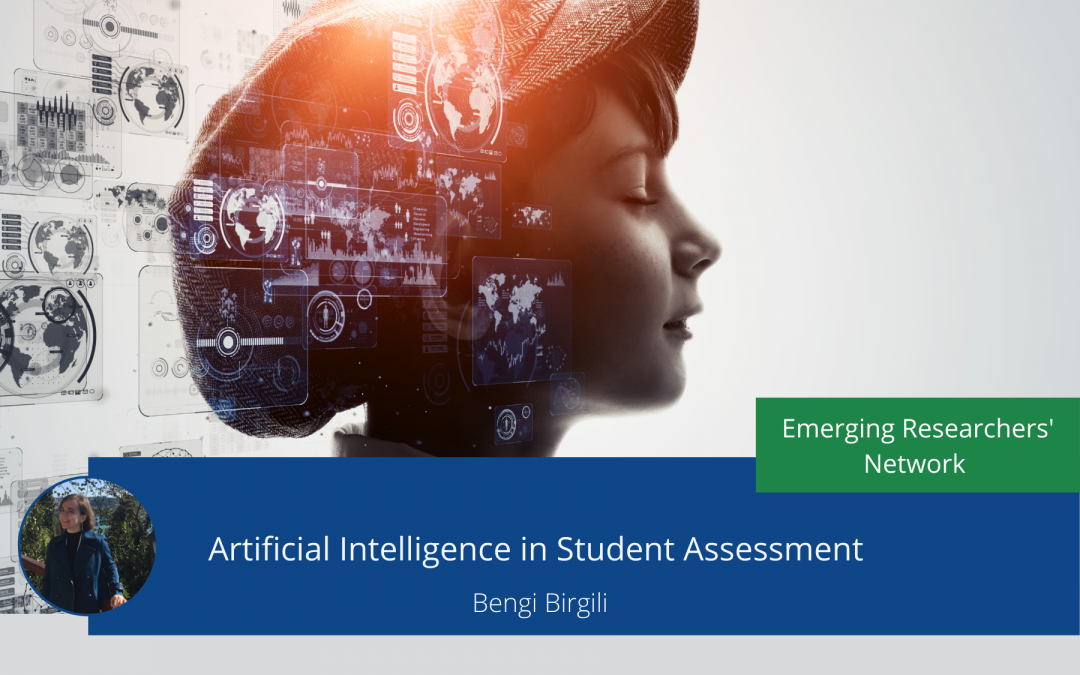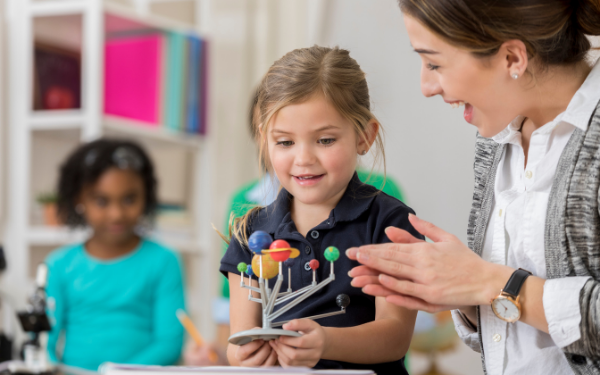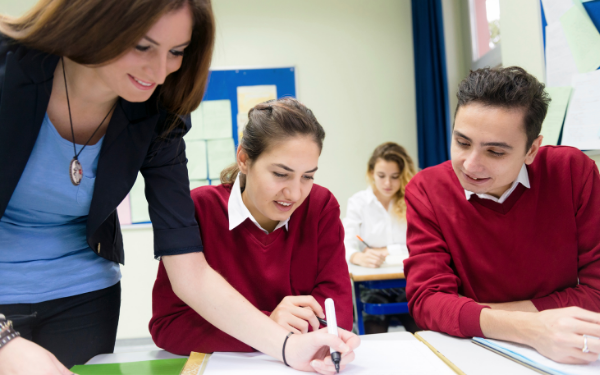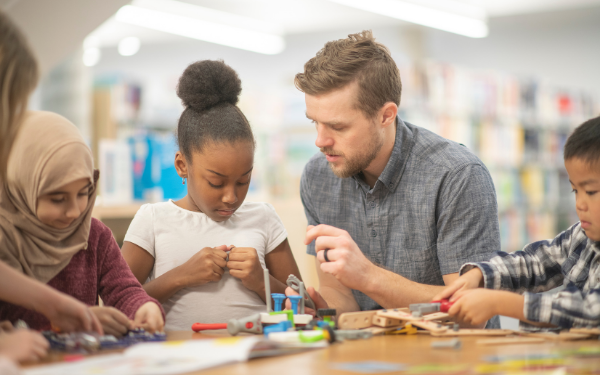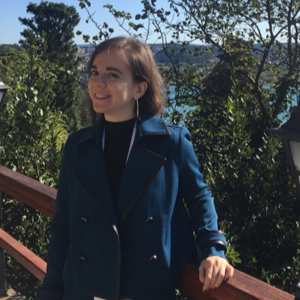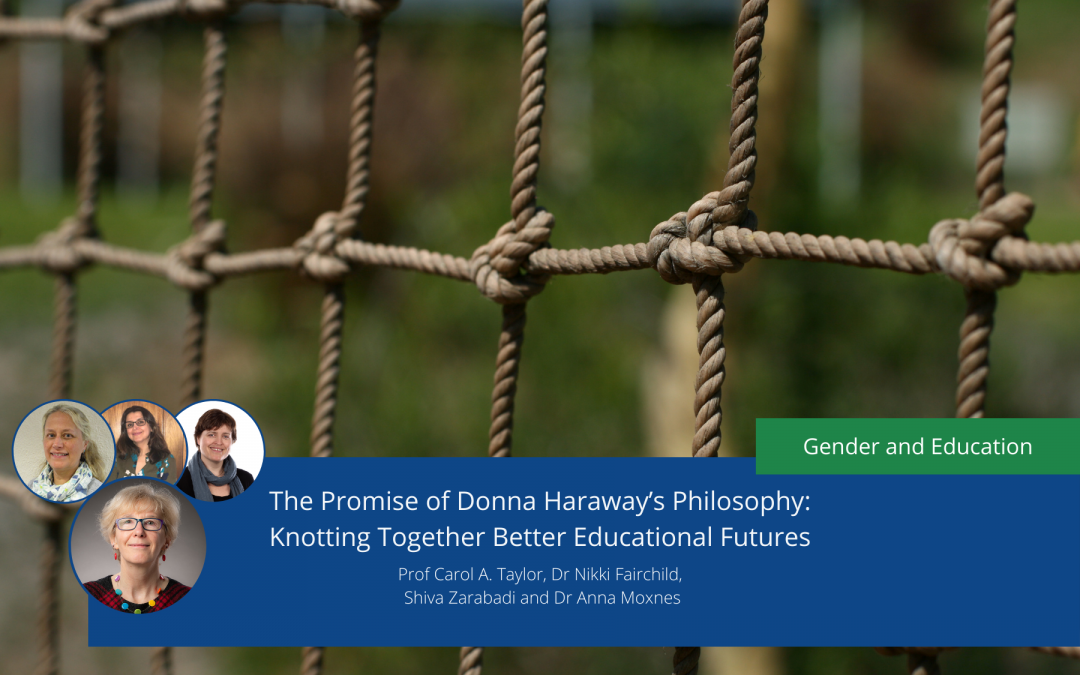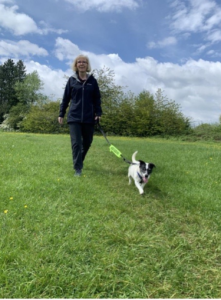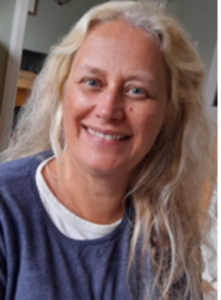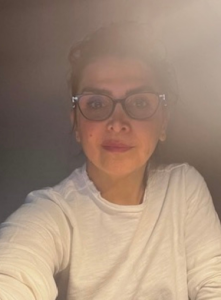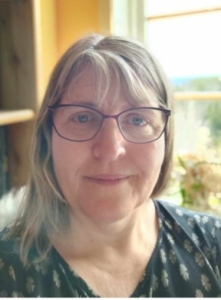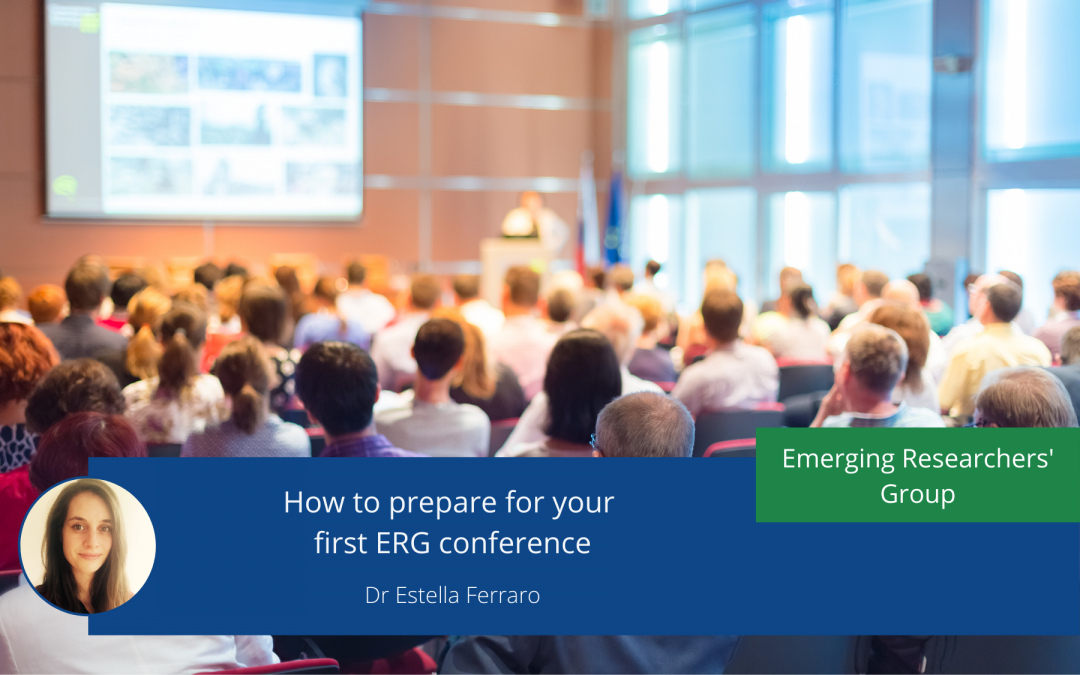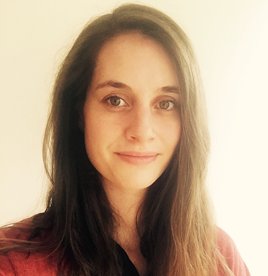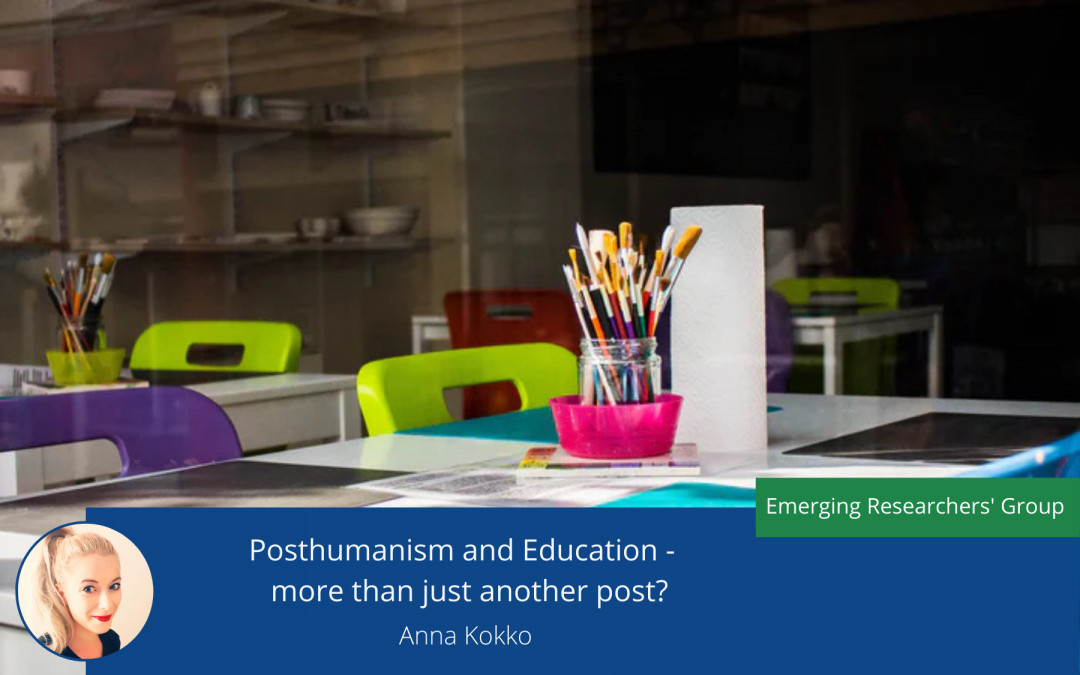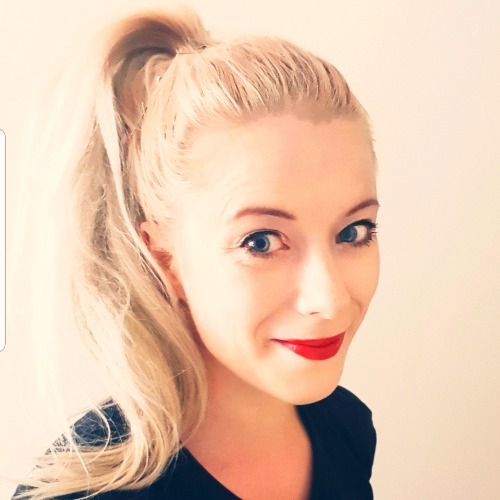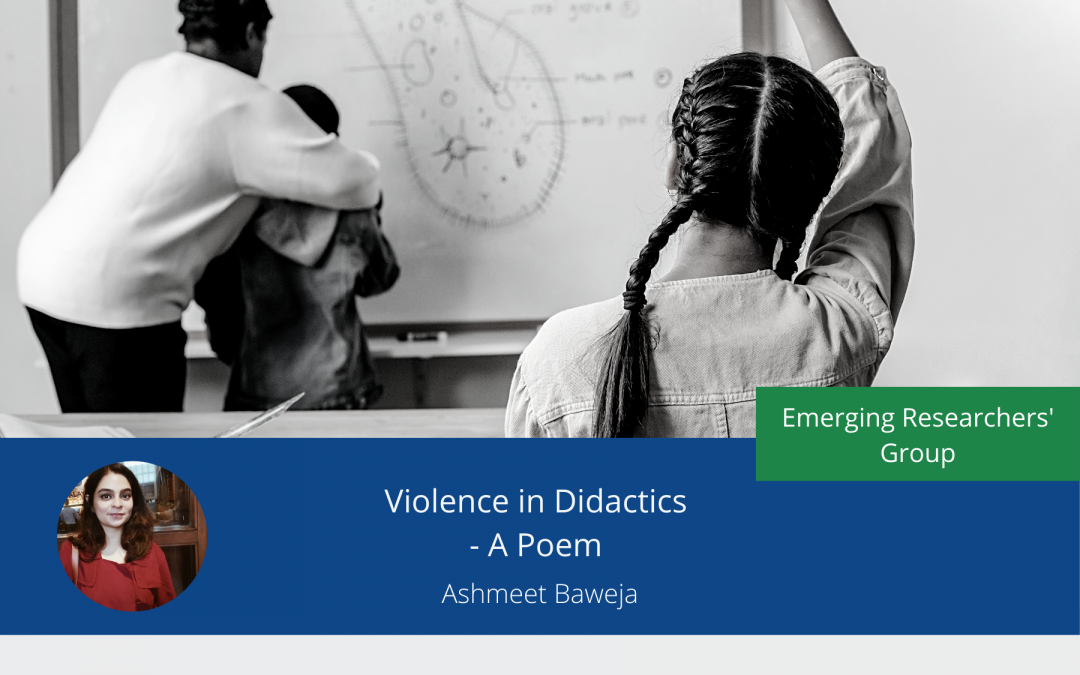
Violence in Didactics – A Poem
The struggle for humanization has long been a concern of humankind. But today, it has become epistemologically exigent, giving voice to contemporary discourse of restructuring education for humanity.
Many researchers argue that education systems as we know them today are broken. They lead students to careers that they do not resonate with, are not skilled for, and rather dislike. (Dore, 1976, Illich, 1971) They do not serve the humanistic need for social connections as they are competitive and emotionally unhealthy.(Kumar and Sarangapani, 2004, Kumar, 2016, Pathak, 2002) Most often, they serve the state’s political agenda of education. (Apple, 2004, Freire, 1970, Kumar, 1991) Thus, the rigid structures, limiting curriculums, disciplinary pedagogy of schools question the utility of education that they aim to provide.
The UN Sustainable Development Goal (SDG) 4.7 Redefining Education for the 21st Century provides renewed focus on Education for Peace (EfP) to make education a way to re-store ‘humanity within humanity’.
“Education for Peace not only intends to build competencies, values, behavior and skills to confront violence but becomes a practice where the purpose, i.e., why to teach, the content, i.e., what to teach and the pedagogy, i.e. how to teach become conducive to nurturing values of peace.”
However, EfP’s aim to build peace through education is challenged by its incompatibility with its most formalized manifestation as schooling (Cremin and Bevington, 2017, Harber and Sakade, 2009). Historically, “schools have been known to endorse and perpetuate violence” and are an “obstacle in development of peaceful individuals and societies” (Harber, 2008:1). Moreover, “Schooling itself effectively counteract the very idea of peace education, and hence be harmful” reaffirms (Galtung, 2008:3).
Since Education for Peace (EfP) itself has been conceptualised as a space for vocalising lived experiences of violence, sharing vulnerabilities and stories (Kester, 2007), the following prose serves as a platform to capture violence inflicted by schooling, of which the author herself has been a victim. This prose closely examines the realities of Indian classrooms as they continue to evolve under ‘lingering colonialities’. (Williams, 2016:1)
Violence in Didactics
Explicating ‘violence’ in didactics;
I lay open my experience candid
Perhaps violence exists more naturally than peace;
Hence I unfold the story in its anti-thesis
The teacher asks me to bite off more than I could chew;
While he was ready to teach me addition, I failed to hold numbers in lieu
He asks me to write home a ‘letter’;
While I struggle to write lines of ‘letters’ better
Lost in the mechanics of the classroom, he is unconscious of my reality;
While we finish reading the story in the textbook, he fails to read the story of my existentiality
In this rushed academic training, he is even unaware of my poor pencil grip;
Not understanding, how violent must be this educational trip
The class lesson is not clear, his instruction also did not steer;
‘Waiting for the period bell to ring’, certainly conveys my desperation clear
He mortified my dignity under the garb of the lesson;
In that classroom that day, I remember losing not only my pencil but my self-possession
Sitting dazed, handicapped by his brazen instruct;
I was shunned as a black sheep and odd duck
Not only self-worth and self-image but also the loyalties of my peers shifted with my academic grades;
Encouraging me to look how friendships trade
I understand that the injuries to my feelings were not personal;
But he enacted from the consolidated structural
He made me mediocre chained to a routine;
He made me a stepford student, to elicit the conformist in me.
He incentivized my actions, he rewarded my compliance;
Being an echo, I soon realized that I lost my voice
In a mad rush from home to school every day, I missed on education;
Education can be a panacea, just that education needs education.
By Ashmeet Kaur
Analysis
The author in the poem portrays herself as a ‘learner-subject’ who is controlled through fear, authority, hierarchy, and domination. It captures her anxieties as a learner in an Indian classroom.
Since violence shapes the definition of peace in her context, it encourages her to acknowledge the violence stemming from the very structures of her learning environment. The author, through the systemic markers available in a classroom, explains various structures of violence which affects her learning process. She portrays herself as a quite shy and sensitive learner, someone few saw and even fewer acknowledged.
This, in turn, reflects in calls for teachers to treat learners as learners and not for their dis/abilities to be potential failures and successes – as dis/abilities are socially constructed and result in expectations from the environment. It is societal practises and norms which govern what are considered typical dis/abilities. Students like the author who learn differently stand out simply because they do not comply with the expectations teachers or educators have set for them. Hence, it reaffirms the importance of teacher agency, which is far more than teachers themselves are aware of.
The poem also bears reflections on cultural beliefs surrounding corporal punishment, e.g., that it encourages respect and socialises students towards discipline (Jones and Pells, 2016, Morrow, V. & Singh, R. 2014, Sawhney, 2018), and the moralistic vision of a sacrosanct bond of teacher and student. This belief suppresses voice and critical thinking, skills much in vogue in 21st-century educational reforms. This also raises questions on the challenges of non-western teachers as peace educators (Kurian, 2020) as the authority of non-western teachers’ is considered sacrosanct and have moral groundings. It is these normativities which potentially restrain non-western from encouraging informality; disrupting the expected image of a peace educator.
While the author reflects upon the bullying experiences at the hands of her teachers and the loss of engaged educational praxis, the poem peeks into the possibilities of the ideal. ‘Education needs Education’ beautifully captures the central argument. It culminates into a message that what educational reforms are trying to correct has a lot to do with teacher education. It reaffirms that EfP seeks urgent need to ‘school teachers’ so that education can be directed towards peace
Other blog posts on similar topics:
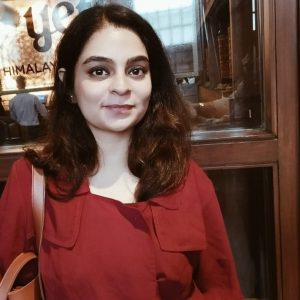
Ashmeet Baweja
PhD Candidate (Peace Education) , TERI School of Advanced Studies, New Delhi, India
Ashmeet Baweja is a PhD candidate at TERI School of Advanced Studies, New Delhi, India working on mainstreaming peace education in K-12 schools. Her ethnographic research explores institutionalisation of peace education at an elite school in India. An academic at heart, her purpose is to create peaceful and SEL oriented environments as a way to create sustainable individuals and communities. Her research interests include peace education, elite schooling , sociology of education and qualitative research methods.
Peace Educator I Education Sociologist I PhD Candidate I Mountains are home I Period lifestyle enthusiast
Find out more about Ashmeet’s professional journey at https://www.linkedin.com/in/ashmeet-baweja-a60435112
References and Further Reading
Apple, M. W. 2004. Ideology and Curriculum, London, Routledge Falmer.
Cremin, H. & Bevington, T. 2017. Positive Peace in schools: Tackling Conflict and Creating a Culture of Peace in the Classroom. London: Routledge.
Dore, R. P. 1976. The Diploma Disease: Education, Qualification and Development. Berkeley: University of California Press. https://eric.ed.gov/?id=ED153584
Freire, P. 1970. Pedagogy of Oppressed. New York: Continuum.
Galtung, J. 2008. The form and content of Peace Education. In: (Ed.), M. B. (ed.) The Encyclopedia of Peace Education. North Carolina: Information Age Publishing.
Harber, C. 2008. Schools, Violence and Peace Education. The Encyclopedia of Peace Education. Charlotte,NC: Information Age Publishing.
Harber, C. & Sakade, N. 2009. Schooling for violence and Peace: How does peace education differ from ‘normal schooling’? . Journal of Peace Education, 46(4), 171-187.
Illich, I. 1971. Deschooling society. New York: Harper and Row. https://journals.sagepub.com/doi/abs/10.1177/019263657205636016
Jones, H. & Pells, K. 2016. Undermining Learning: Multi-Country Longitudinal Evidence on Corporal Punishment in schools. Innocenti Research Briefs, No.2016-06E. Italy: UNICEF Office of Research, Innocenti, FLorance.
Kester, K. 2007. Peace Education: Experience and Storytelling as Living Education. Peace and Conflict Review, 2(2), 1-14.
Kester, K. 2010. Education for peace: Content, form, and structure: Mobilizing youth for civic engagement. Peace & Conflict Review, 4(2), 58-67.
Kumar, K. & Sarangapani, P. M. 2004. History of the quality debate. Contemporary Education Dialogue, 2(1),30-52.
Kumar, K. 1991. Political Agenda of Education: A Study of Nationalist and Colonialist Ideas. New Delhi: Sage.
Kumar, K. 2016. Education, Conflict and Peace. New Delhi: Orient BlackSwan.
Kurian, N. 2020. Kindness isn’t important, we need to be scared’: Disruptions to the praxis of peace education in an Indian school. Journal of Peace Education, 17(2), 186-207.
Morrow, V. & Singh, R. 2014. Corporal Punishment in schools in Andhra Pradesh, India: Children’s and Parents’s Viewsa. London: Young Lives.
Pathak, A. 2002. Social Implications of schooling: Knowledge, Pedagogy and Consciousness. New Delhi: Rainbow Publishers.
Sawhney, S. 2018. Tokenisation of children’s right to safe and protected environments: Indian teacher’s perspectives on corporal punishment. In: G. Sainz, S. I. E. (ed.) International Perspectives on Practice and Research into Children’s Rights. Mexico: Center for Human Rights.
Williams, H. M. 2016. Lingering Colonialities as Blockades to Peace Education: school Violence in Trinidad. In: Hantazopoulos, M. B. M. (ed.) Peace Education: International Perspectives. London: Bloomsbury Publishing.

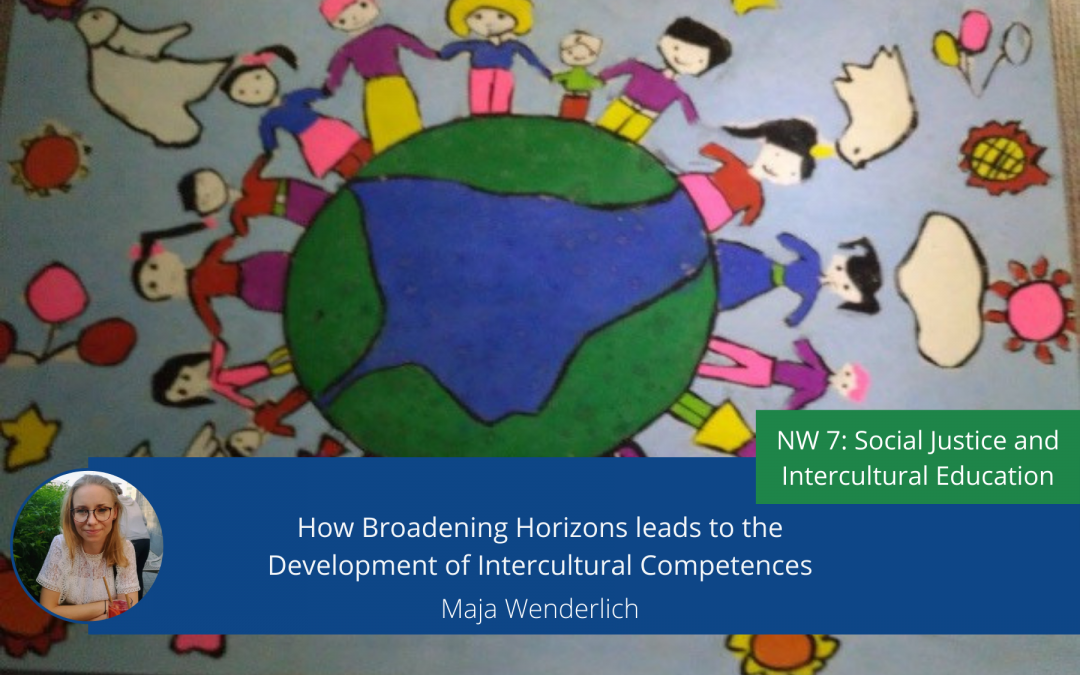

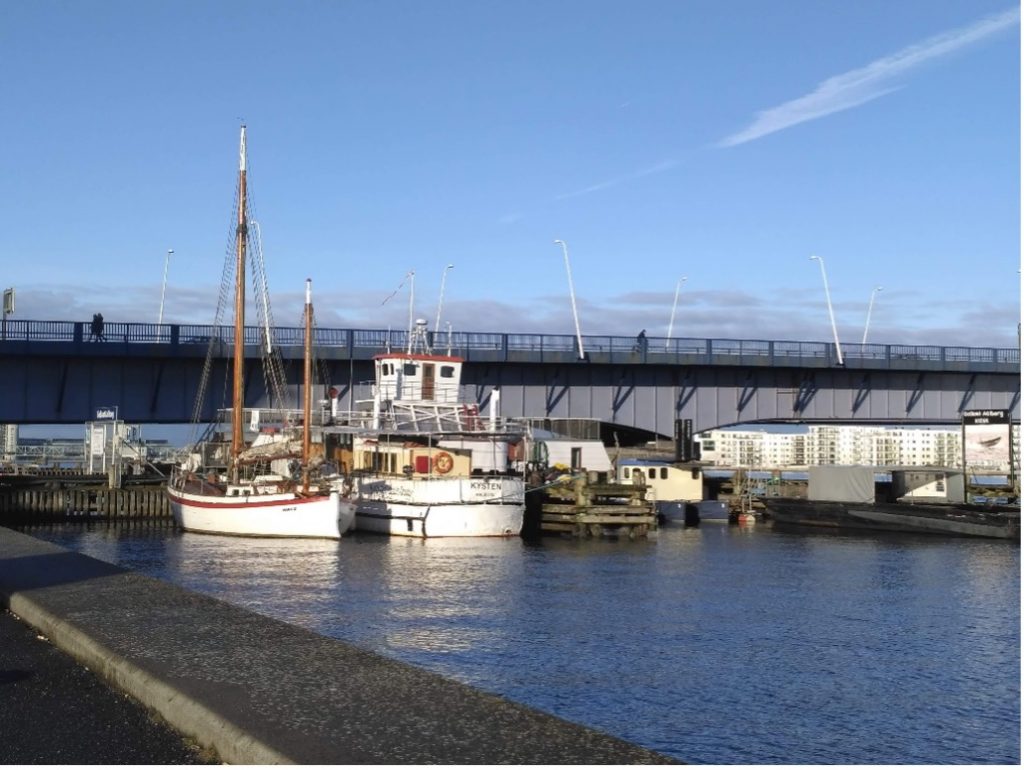
 The stay in Denmark exceeded my expectations. I cooperated with scientists from all over the world in meetings, seminars, conferences and workshops, which provided a lot of inspiration. At that time, I also had the opportunity to communicate in English on a higher level than before. I met people not only from Europe but also from South America, Asia and the United States. Every Wednesday, a ‘kitchen seminar’ was organized. That was the name of the meetings of scientists from around the world where we discussed one given topic every day.
The stay in Denmark exceeded my expectations. I cooperated with scientists from all over the world in meetings, seminars, conferences and workshops, which provided a lot of inspiration. At that time, I also had the opportunity to communicate in English on a higher level than before. I met people not only from Europe but also from South America, Asia and the United States. Every Wednesday, a ‘kitchen seminar’ was organized. That was the name of the meetings of scientists from around the world where we discussed one given topic every day.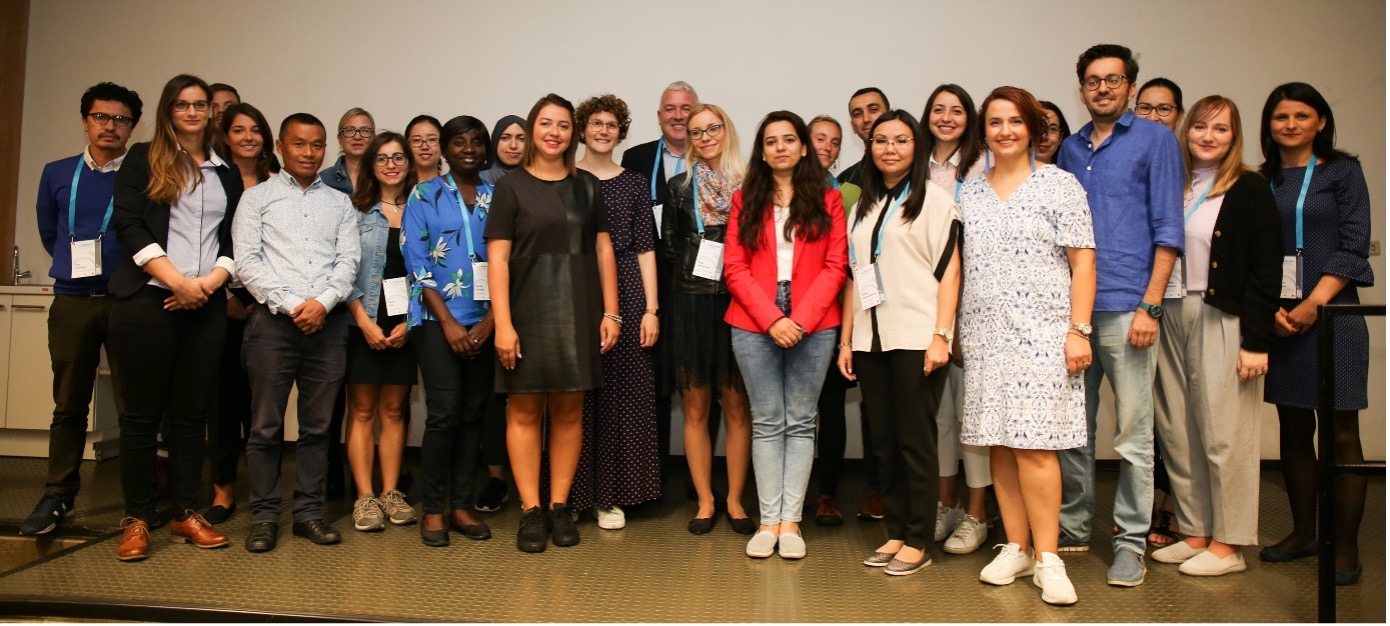
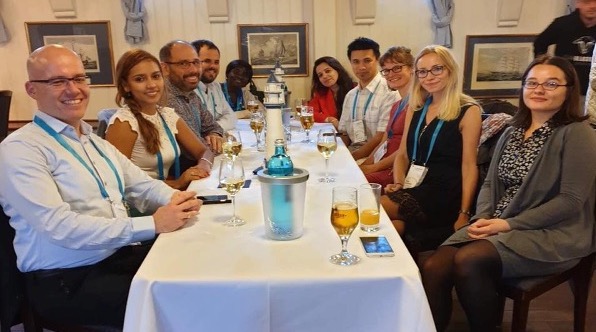
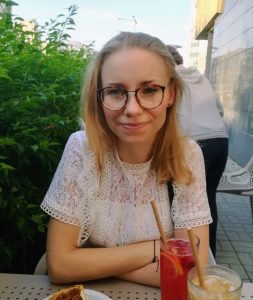
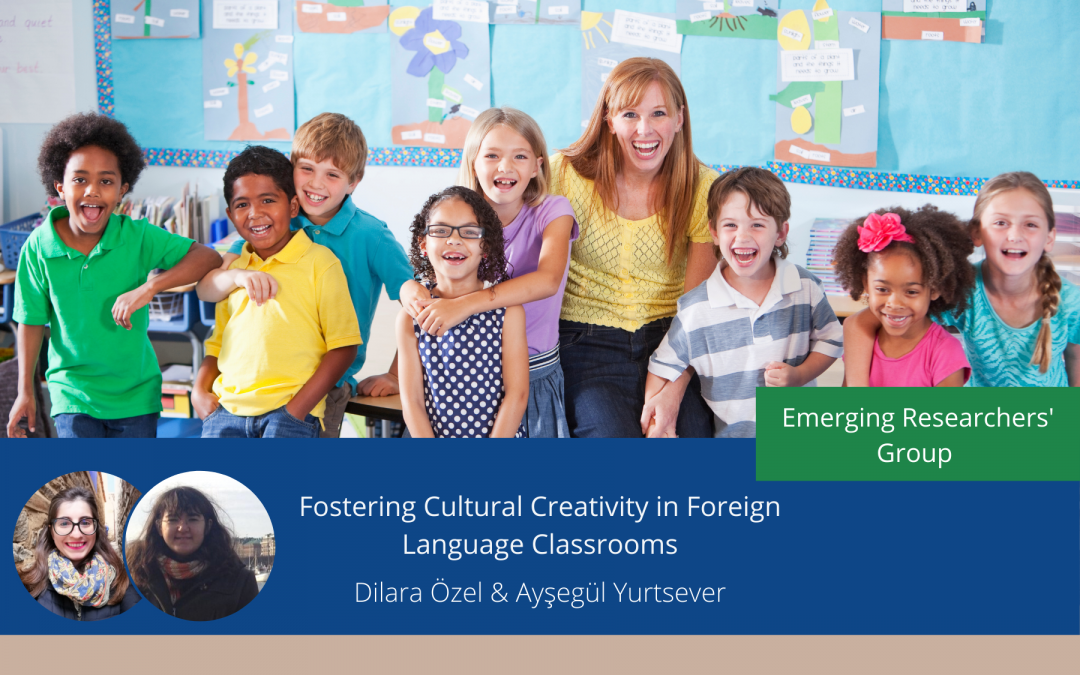
 While the main emphasis of the language lesson is generally on the culture of the target language, providing a perspective through students’ own culture helps them to develop multicultural understanding. When the students recognize and evaluate the values of their own culture and the target culture, they can better adapt to cultural differences and do not have a sense of intimidation or alienation (
While the main emphasis of the language lesson is generally on the culture of the target language, providing a perspective through students’ own culture helps them to develop multicultural understanding. When the students recognize and evaluate the values of their own culture and the target culture, they can better adapt to cultural differences and do not have a sense of intimidation or alienation (